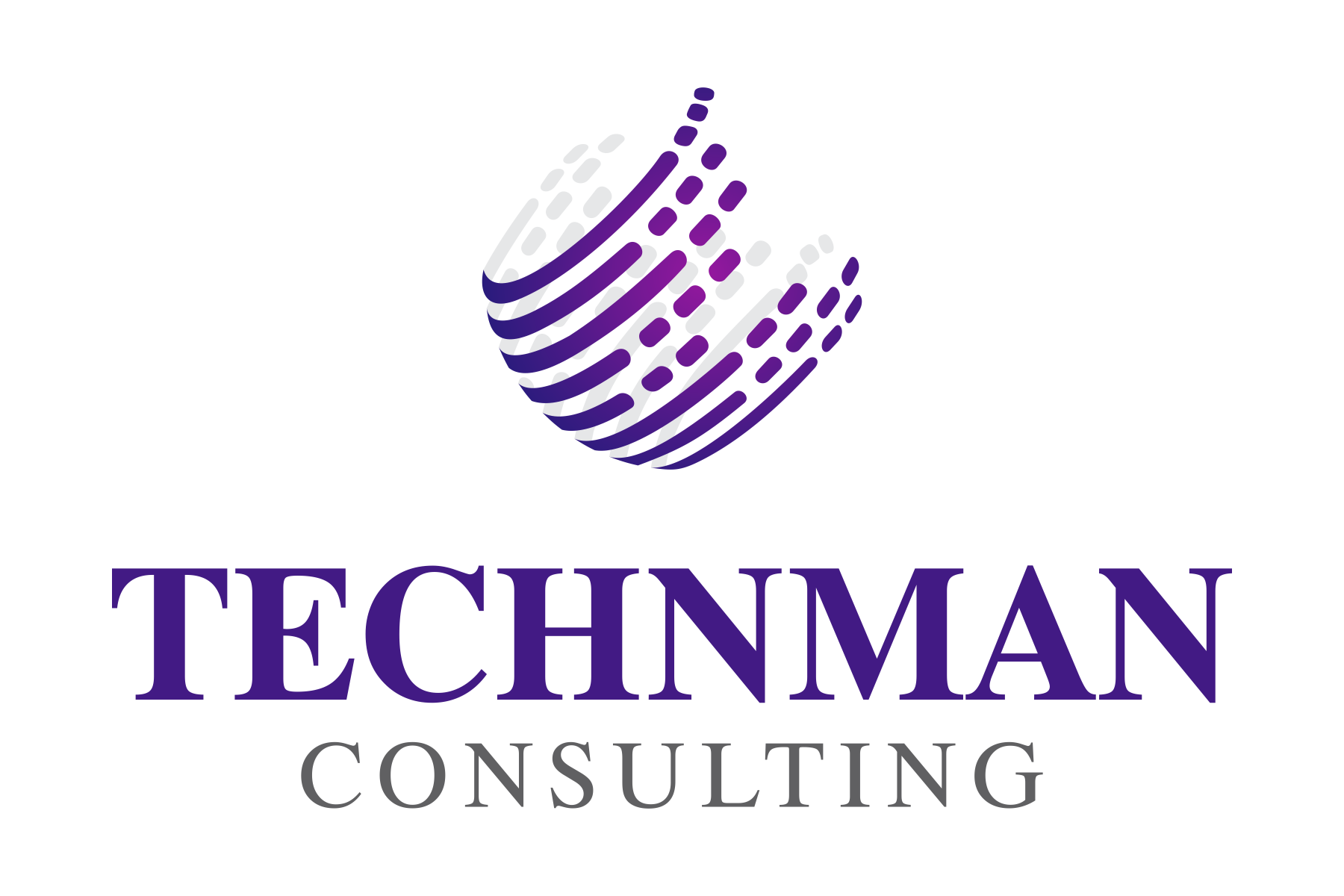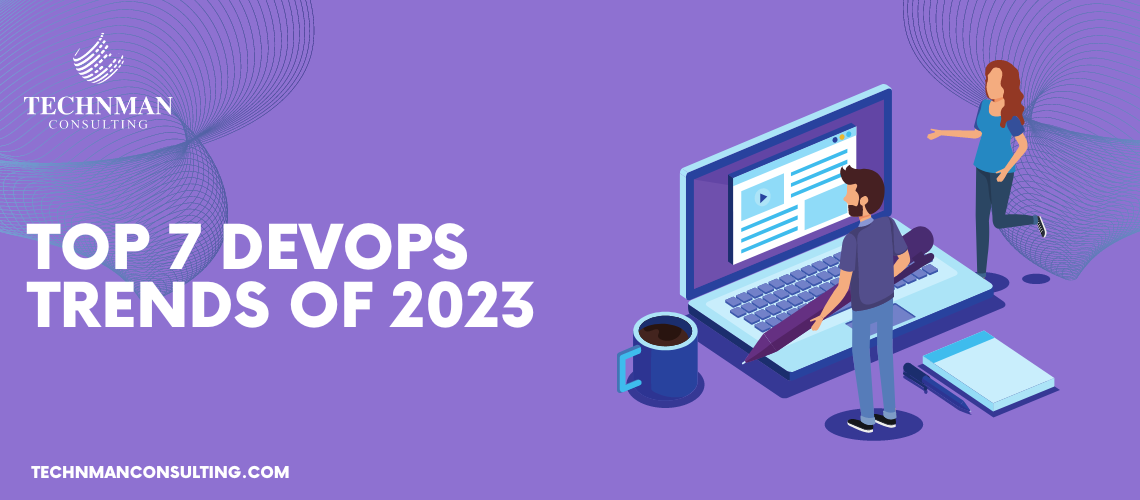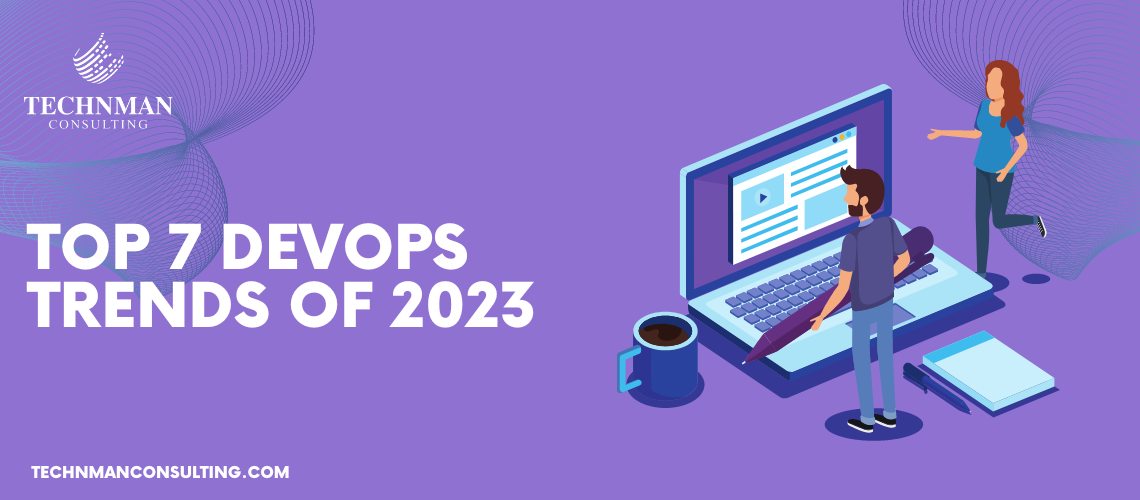DevOps is a collection of practices, ideas, and cultural philosophies that aim to improve collaboration and communication between software development (Dev) and IT operations (Ops) teams. The primary objectives of DevOps are to speed up software development, increase the frequency of new version releases, and improve the quality and stability of its applications.
The development and operations teams used to frequently work independently, which resulted in inefficiencies, delays, and a lack of coordination between the two and this compartmentalized model has been replaced by DevOps. It involves breaking down conventional divisions between development and operations teams and cultivating a collaborative atmosphere in which both teams collaborate throughout the software development lifecycle. It comprises software application planning, coding, development, testing, deployment, monitoring, and maintenance.
As part of its commitment to helping businesses streamline their software development and IT operations, Technman offers DevOps Consultants. Because of our in-depth industry knowledge, we are aware of the difficulties and complexities that organizations encounter when attempting to achieve continuous integration, continuous delivery, and standard operational excellence.
Therefore, let us learn the top 7 DevOps trends for 2023 and the trends Technman advises you to follow to continue your career as DevOps consultants.
AI and Machine Learning Integration
In 2023, the incorporation of AI and machine learning into DevOps operations has become increasingly common. Artificial intelligence-powered technologies can analyze massive volumes of data to detect trends, forecast possible difficulties, and automate regular operations. This enables DevOps teams to solve delays in performance, security vulnerabilities, and other concerns beforehand, resulting in better software quality and faster delivery timelines.
By automating problem detection and resolution, AIOps provides proactive incident management. It is also useful in capacity planning, assisting organizations in optimizing resource allocation for improved performance and cost-effectiveness. This tendency is well aligned with the DevOps philosophy of automation, which aims to reduce manual involvement in operations.
DevSecOps Takes Center Stage
In the DevOps process, security is no longer an afterthought. The incorporation of security practices into DevOps workflows, known as DevSecOps, is gaining popularity. With the rising frequency of cyberattacks, businesses are realizing the importance of incorporating security measures directly into their development processes. We may anticipate a greater emphasis on automated security testing and compliance checks across the software development lifecycle in 2023.
DevSecOps encourages a culture of shared responsibility by bringing together developers, operations, and security teams to ensure secure code and infrastructure. This trend not only improves overall security but also speeds up the supply of safe software.
Kubernetes and Containers Continue to Dominate
In 2023, Kubernetes and containerization technologies remain at the forefront of DevOps trends. Containers make it easier to develop, test, and deploy applications by enabling consistency across various environments. Kubernetes, as an orchestration system, enables large-scale container management. Organizations are increasingly relying on Kubernetes to manage containerized applications, resulting in greater efficiency and scalability.
Together, Kubernetes and DevOps make it easier to deliver applications, increasing their robustness and agility. Organizations are using Kubernetes to build secure, microservices-based architectures that allow for quick development and deployment while retaining dependability.
Serverless Computing in DevOps
Serverless computing is gaining popularity as an alternative to traditional infrastructure and containerization. DevOps teams are studying serverless architectures in 2023 to decrease operational overhead, improve resource utilization, and increase scalability. Serverless allows developers to concentrate on writing code while cloud providers manage infrastructure, resulting in shorter development cycles and lower costs.
The serverless computing method has significantly helped the DevOps process. It has successfully bridged the gap between development and operations with increased operability. It also helped in the generation of DevOps pipeline code without the requirement for the host to build, test, and deploy.
GitOps for Infrastructure as Code
GitOps, a DevOps extension, emphasizes the use of version control systems such as Git to manage infrastructure as code (IaC). This strategy enables declarative infrastructure management, automatic provisioning, and improved communication between development and operations teams. In 2023, more organizations are using GitOps practices to streamline infrastructure management and improve system stability.
Any modifications to the infrastructure or application using GitOps are made via Git commits, which activate automated procedures to apply those changes to the live environment. This method improves transparency, traceability, and the capacity to swiftly roll back changes, making it a significant trend in the DevOps ecosystem.
Multi-Cloud and Hybrid Cloud Strategies
As organizations attempt to combine performance, cost, and resilience, multi-cloud and hybrid cloud solutions are becoming the standard. DevOps teams are modifying their processes to manage apps and infrastructure across different cloud providers and on-premises data centers. To simplify operations and optimize resource allocation, tools that enable abstraction and automation across multiple contexts are in great demand.
The use of several clouds is becoming more popular in commercial IT. However, managing a multi-cloud infrastructure might be difficult for IT operations. Extending the DevOps methodology to multi-cloud settings can help support and simplify application development, delivery, and maintenance.
Low-Code/No-Code DevOps
Low-code/no-code development platforms are gaining curiosity within DevOps in an effort to democratize software development and lessen dependency on traditional coding. Through visual interfaces and pre-built components, these platforms enable users with no coding skills to design, test, and deploy apps.
Low-code/no-code DevOps speeds up the development process, allowing businesses to produce apps more rapidly and with fewer resources. While it is not appropriate for all cases, it is a trend to keep an eye on since it might enable non-developers to engage more actively in the software development process.
Conclusion
DevOps aims to achieve advantages like faster software delivery, a shorter time to market, more frequent releases, improved dependability, improved teamwork, and better alignment with corporate objectives. DevOps is a culture shift that, in order to be successful, requires adjustments to attitude, practices, and organizational structure. It is crucial to understand this. DevOps is more than just tools and technology.
The implementation of DevOps differs for each organization; it is not a universal solution. It is a comprehensive strategy for IT operations and software development that aims to create a cooperative, automated, and continuous improvement culture in order to deliver better software more quickly and consistently.
To be successful DevOps consultants, Technman recommends that you follow these trends. If you are a student interested in working in the DevOps industry, we can help you advance your career. We can also give you recommendations on how to implement DevOps for your customers on your own.





